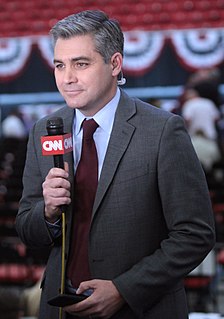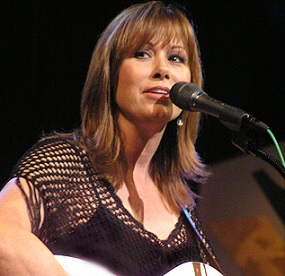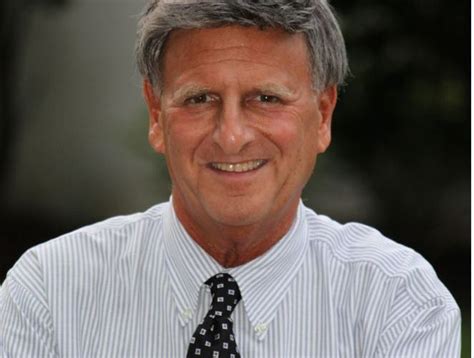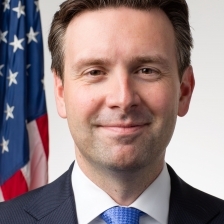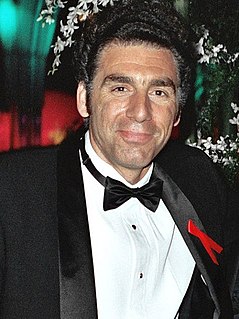A Quote by Jim Acosta
I don't believe reporters are supposed to be the story. That's how I was trained.
Quote Topics
Related Quotes
Those to whom his word was revealed were always alone in some remote place, like Moses. There wasn't anyone else around when Mohammed got the word either. Mormon Joseph Smith and Christian Scientist, Mary Baker Eddy, had exclusive audiences with God. We have to trust them as reporters--and you know how reporters are. They'll do anything for a story.
I believe in talent. I know you're not supposed to believe in that anymore because you're supposed to believe if you just work hard you can do anything. That's how you succeed, maybe. But talent is something you're born with. You cannot acquire it by working hard, and you cannot lose it by lying around either.
War reporters are often seen as a wild bunch of thrill-seekers who wade into danger zones simply for the sake of the adrenalin high the settings inevitably provide. But this one-dimensional explanation leaves out the core of the story, which is that reporters go to these places because they feel the tug of responsibility.
I wrote The Jesus Storybook Bible because I wanted children to know the Bible isn't mainly about you and what you're supposed to be doing. It's about God and what he has done. It's the story of how God loves his children and comes to rescue them. It's a Love Story. It's an Adventure Story. And at the center of the story is a baby - the child upon whom everything would depend. And every single story in the Bible whispers his name.
